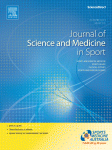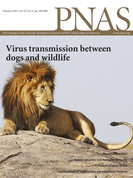 Tulane researchers Tong Wu and Chang Han, who have been anonymously accused of figure duplication in the past, have now finally lost a paper for that reason.
Tulane researchers Tong Wu and Chang Han, who have been anonymously accused of figure duplication in the past, have now finally lost a paper for that reason.
The frequent plagiarism tipster Juuichi Jigen (a pseudonym) set up a blog in 2012 alleging that the pair inappropriately reused images in six other papers, though none of those have been retracted. The recent notice, issued at the end of January by the Journal of Cellular Biochemistry, states that the figure duplication was confirmed by the University of Pittsburgh’s Office of Research Integrity. Han, the first author, was at UPitt when the paper was published in 2008, though she moved to join Wu at Tulane in 2009.
Here’s the notice for “Regulation of Wnt/ß-Catenin Pathway by cPLA2α and PPARδ“: Continue reading Figure dupe sinks cell bio paper








